On Thursday, October 20, 2022, Thomas Jefferson University Fashion Design Department hosted Fashion Face-Off. Overall, this informative panel event focused on sustainability, diversity, and inclusivity as they relate to the fashion industry. Throughout the evening, professionals from across areas of the fashion industry lent their perspectives and insights on these important topics. Panelists at this event included: Eji Benson, Founder & CEO of Ennui New York Inc; Kelli Burt, Owner & Designer of Goddess Rising Intimates; Vanessa Fath, CEO & Creative Director of The Fath Collective; Lindsey Troop, Philadelphia Regional Manager of FABSCRAP; McKenzi Migliorini, Jeffeson Fashion Design Alum & Aspiring Adaptive-wear designer, currently Assistant Designer at Free People; Kevin Parker, CEO, Founder, and Producer of Philly Fashion Week; James Gaillard, Fashion & Lifestyle Trend Director for QVC; and Dalila Shannon, Divisional Merchandise Manager and Head of Diversity & Inclusivity for Urban Outfitters. In addition, Thomas Jefferson Fashion Design’s own Program Director Prof. Farai Simoyi and Prof. Carly Kusy moderated the panel events, and offered their own insights.
Sustainability, Environment, & Ethics
Currently, the fashion industry accounts for 10% of global carbon dioxide output, and “a fifth of the 300 million tons of plastic produced globally each year” (Bloomberg, 2022). This coupled with changing consumer attitudes and practices leads to an overwhelming amount of waste within the industry. “No matter what size company you are and how much you produce, you’re going to produce waste and you’re going to have to do something with that waste,” says Lindsey Troop. By taking a closer look at individual processes and working systems, brands can identify wasteful practices and implement change. “Find your sustainability point in your collection,” Eji Benson encouraged attendees. “What part of it do you want to be sustainable? What part of it can you afford sustainability at?” By reflecting on these questions and looking for solutions that fit the business model, brands make individual steps towards a more environmentally-friendly fashion future.
In order to shift the fashion industry in a more sustainable direction, consumers must be educated on its impacts. Recent “greenwashing” trends allows brands to trick consumers into thinking products are made and consumed sustainably, when in reality the processes behind them are not. “I want people to shop my line not just because its “sustainable”, and that’s a buzzword they hear. I want them to really know what that means and to have the empathy behind [that concept],” Vanessa Fath said. Placing an importance on sustainable design and consumption patterns helps consumers understand the underlying value of a product. “It’s important to let the consumer know how [sustainability] benefits them as opposed to screaming at them ‘this isn’t good for you’” emphasized Kelli Burt. In the end, sustainable education encourages consumers to make a more responsible decision for themselves, their environment, and their future.
Diversity & Inclusivity
The fashion industry needs growth in areas of diversity and inclusivity. In 2020, issues of systematic oppression and racism rose to the forefront in all areas of American society. “One of the messages we keep hearing over and over again is the need for education, specifically as it relates to identifying systemic oppression and racism, as we’ve been seeing around the industry,” said James Gaillard. Providing individuals with the knowledge and education they need to succeed allows brands to include a more diverse set of voices in overall decision-making and future initiatives. Bringing these voices to the table opens conversation and allows for moments of education to happen organically amongst coworkers. “True impact will come when we’re advancing BIPOC and LGBTQIA+ voices in our companies to actually have real equity… a job where you’re deciding where the money goes and impacting the top and bottom line somehow,” Dalila added.
Included in the conversations on diversity and inclusivity was the need for more adaptive-clothing for differently-abled individuals in our communities. “Currently, 1 in 4 people in the United States of America has a disability,” McKenzi Migliorini informed the audience. “The way I like to think about it is if I have a store, every 4th person that enters is not currently being served.” Designers and brands recognize this need, but can often be intimidated or overwhelmed when thinking about how to enter this market. “If larger brands are able to tap into designers that have a passion for [adaptive-wear] specifically, it could really turn into something huge,” Kevin Parker continued. “If we’re able to amplify these voices, we’ll be able to create real change.”


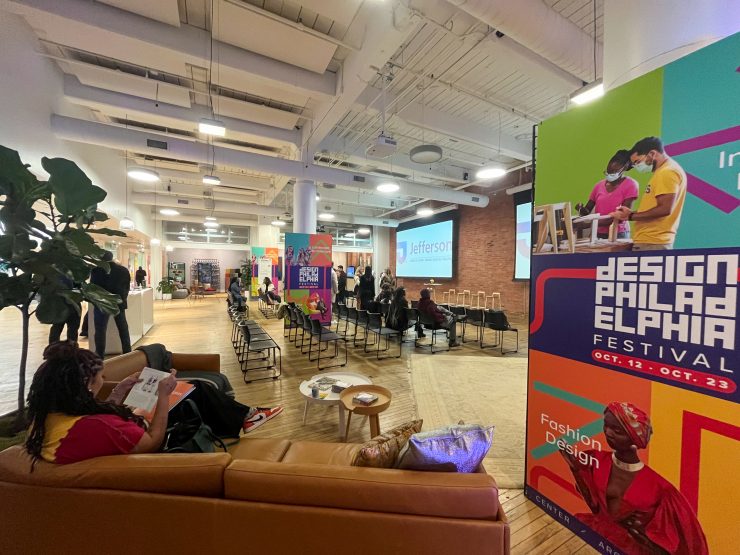
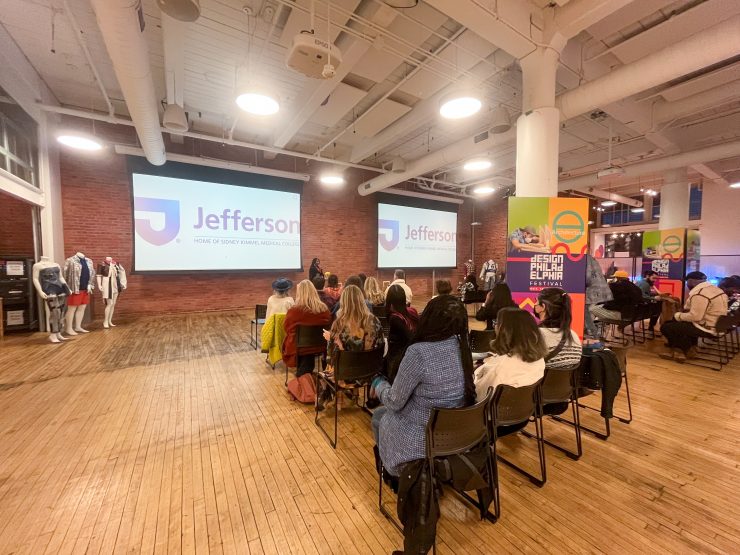
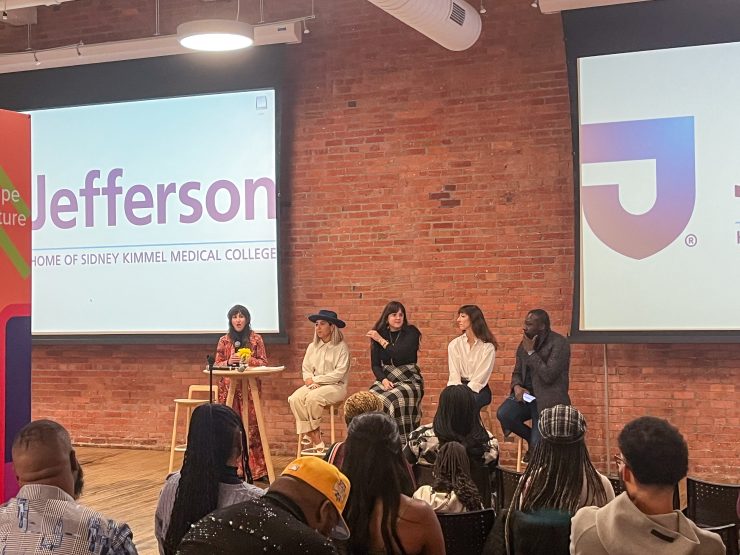
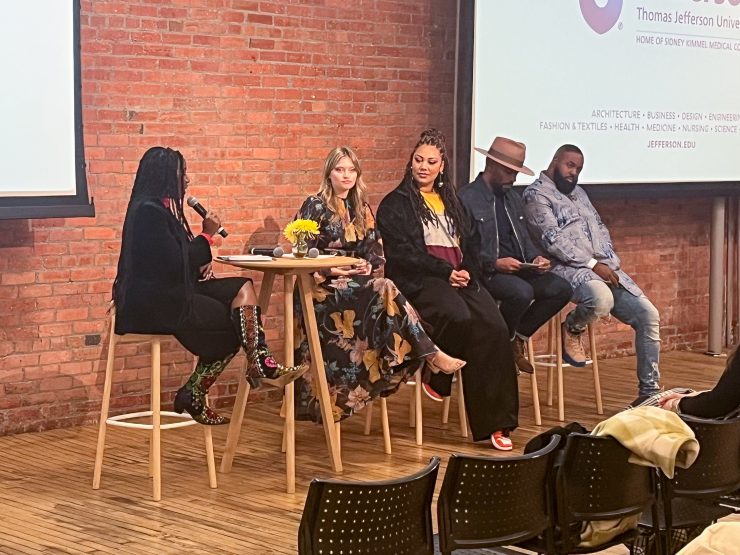
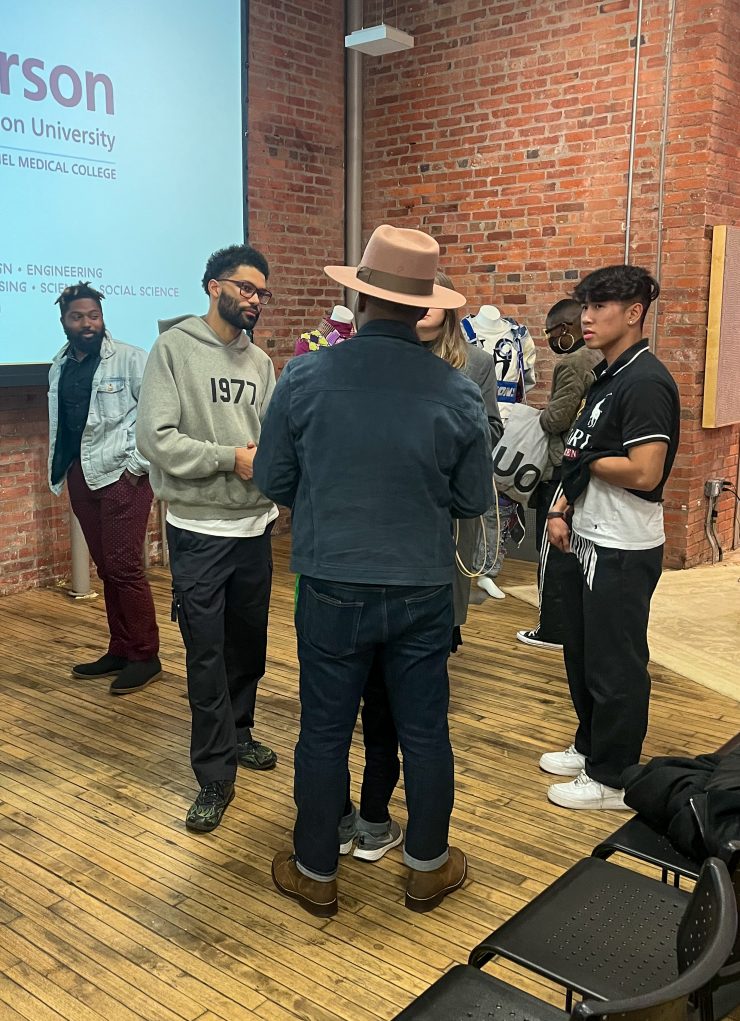
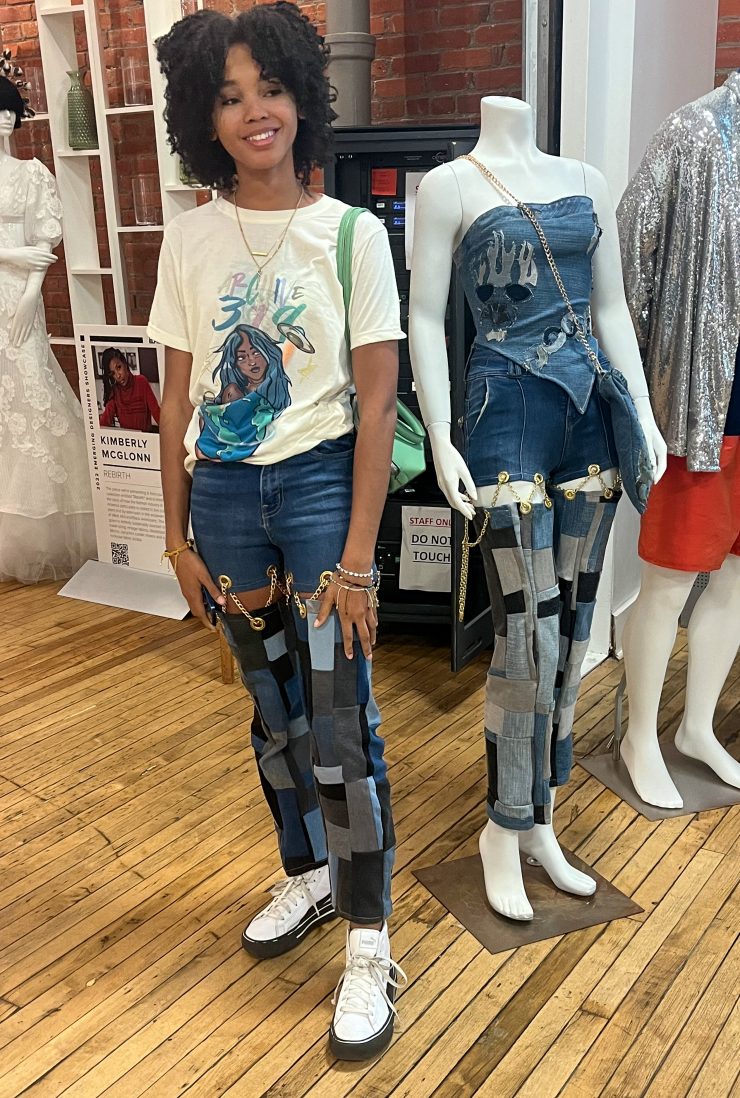
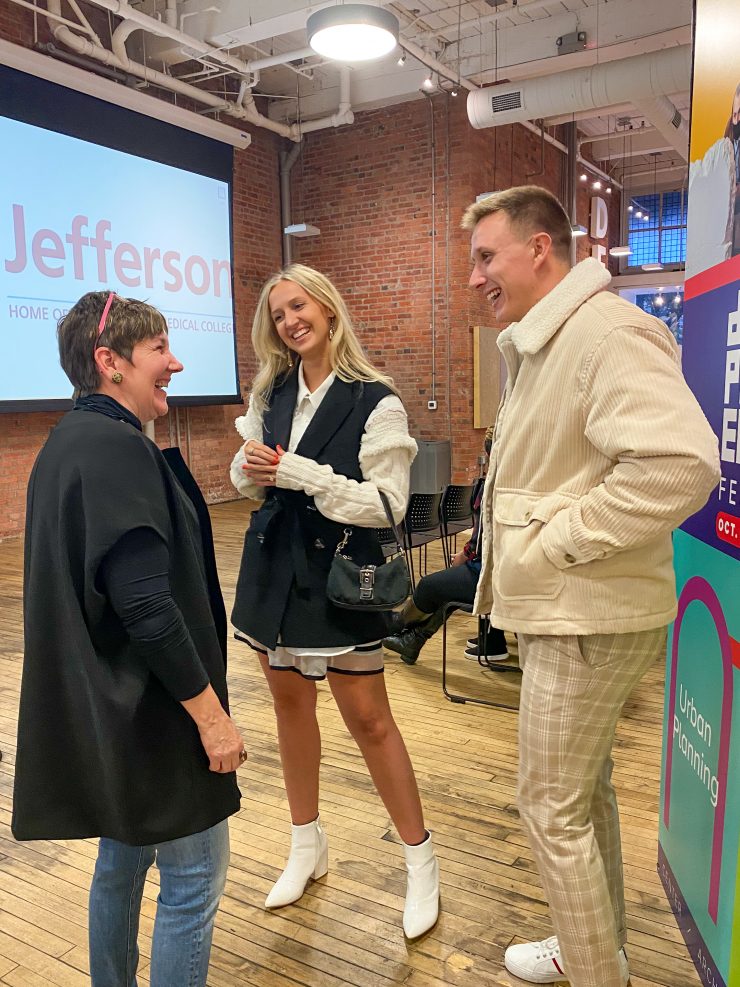
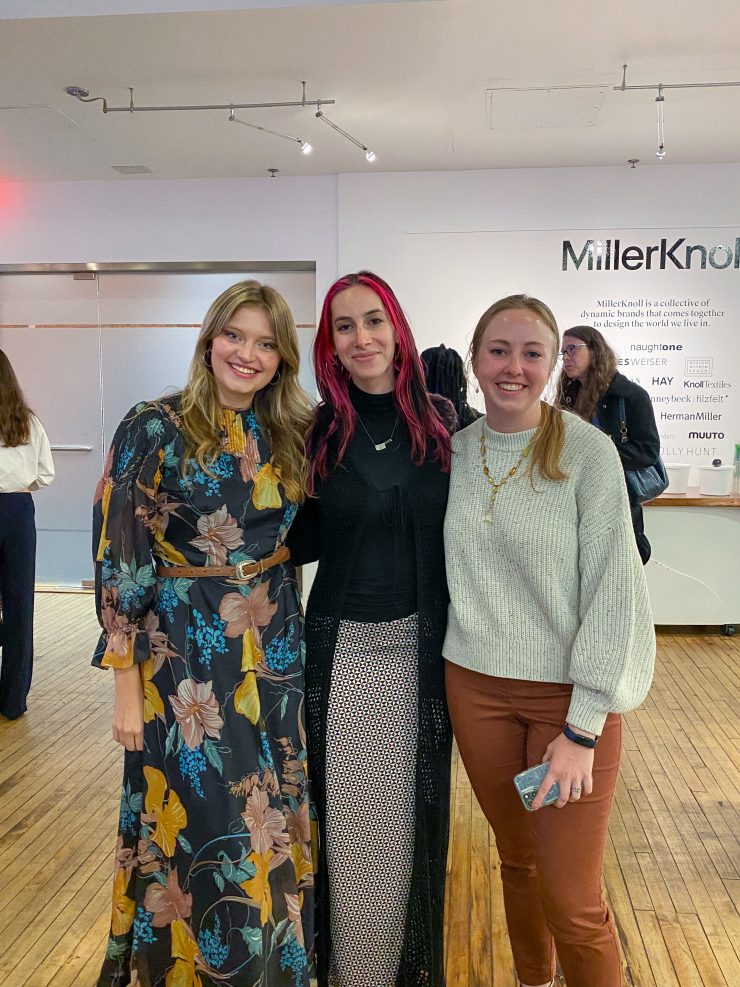
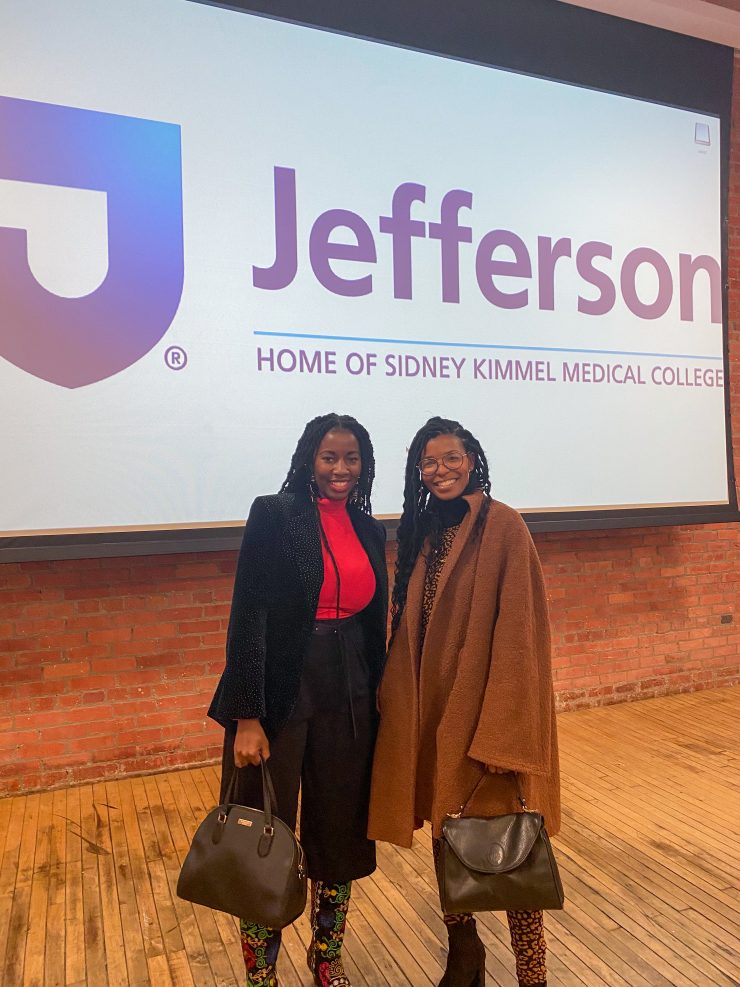
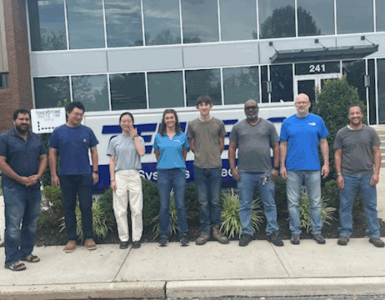
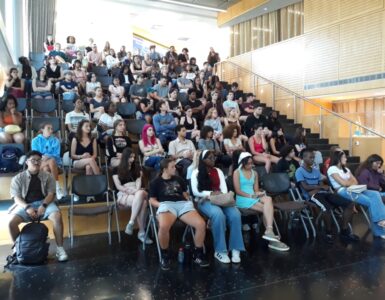
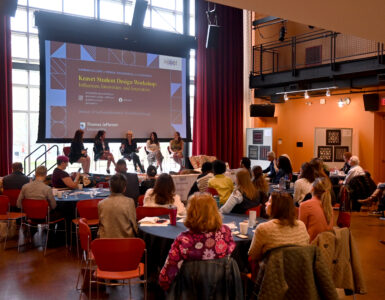


Add comment